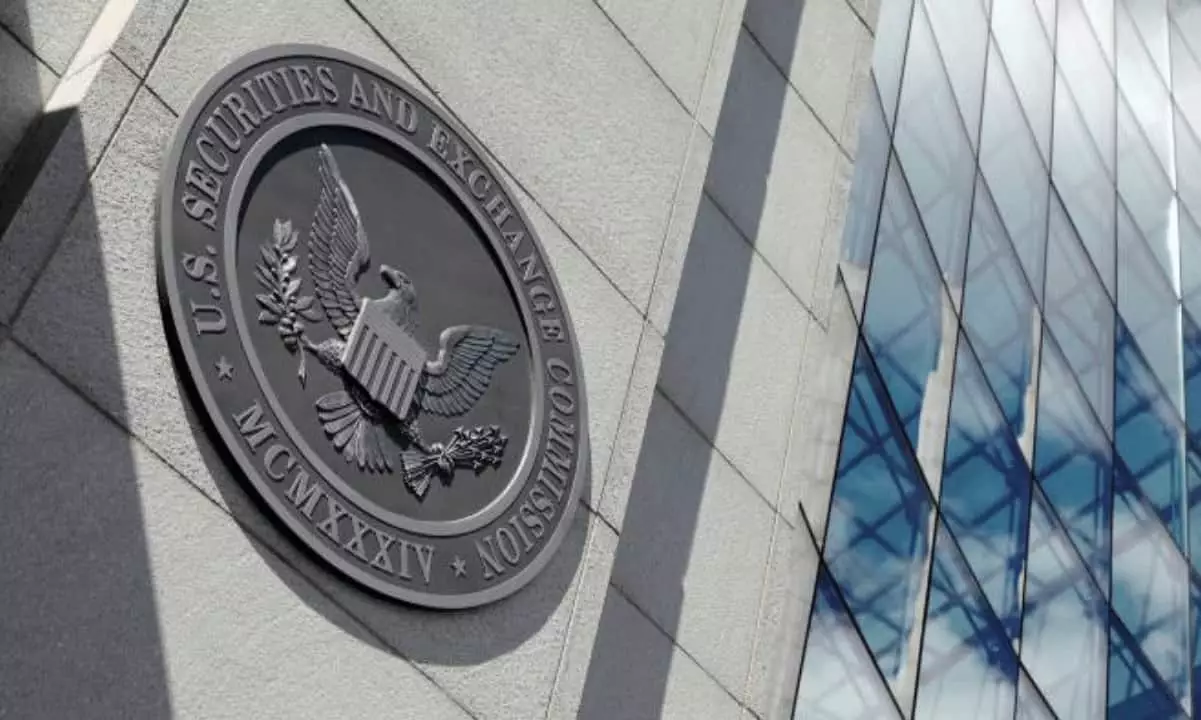In 2024, the U.S. Securities and Exchange Commission (SEC) has showcased a stark escalation in its enforcement against the cryptocurrency sector, resulting in a staggering $4.68 billion in fines, a drastic leap from the previous year’s $150.3 million. This astonishing increase of 3,018% primarily stems from a landmark settlement with Terraform Labs and its co-founder, Do Kwon, which settled for $4.47 billion in June. This case, sparked by the infamous collapse of TerraUSD (UST) and its broader ecosystem, highlighted severe infractions like misleading investors and unauthorized security offerings.
The SEC’s aggressive stance appears to be a defining characteristic of this year’s operations, indicating a shifting focus towards substantial penalties that not only affect individual companies but set precedents across the entire cryptocurrency landscape. The overall fines incurred in 2024 underscore a critical moment for regulatory actions, marking a pivotal transition in how the SEC approaches its jurisdiction over digital assets.
Interestingly, despite the dramatic rise in total fines, the number of enforcement actions taken has dropped significantly from 30 in 2023 to only 11 in 2024. Nevertheless, the average penalty has skyrocketed to approximately $426 million, foraying well out of the realm of ordinary fines seen in prior years. Such figures suggest a strategic move by the SEC—from a broad net of smaller fines to a precise focus on high-stakes cases that send resounding messages to the industry.
Moreover, major fines against entities such as GTV Media Group and individuals John and Tina Barksdale—both exceeding $100 million—indicate the SEC’s dedication to clamping down on serious infractions within the cryptocurrency ecosystem. This strategic pivot emphasizes not only industry-wide compliance but also personal accountability for executives, evidencing a comprehensive approach that addresses multiple levels within offending organizations.
The Bigger Picture: Historical Context and Compliance Implications
Looking at historical enforcement trends, since 2013, the SEC has levied an eye-watering $7.42 billion in fines against the cryptocurrency sector. Alarmingly, 63% of this total has been accrued in just the current year, positioning 2024 as a watershed moment for cryptocurrency regulation. Previous landmark cases, such as the $1.24 billion fine against Telegram Group Inc. in 2019 for unregistered token sales, have already set high bars for penalties, but the scope of enforcement in 2024 far exceeds these precedents.
The consequences of these regulatory actions extend beyond immediate fines. They underline a critical period for compliance within the cryptocurrency industry, as companies grapple with heightened scrutiny and the necessity of adhering to evolving legal standards. Smaller firms also face challenges, with penalties often hovering between $1 million and $10 million, demonstrating that regulatory vigilance encompasses all market participants, not just industry giants.
The SEC’s aggressive enforcement strategy in 2024 has profound implications for the cryptocurrency sector. As regulatory measures tighten, the repercussions of non-compliance are becoming increasingly severe. The juxtaposition of fewer actions with massively increased fines reflects a strategic recalibration by the SEC, aiming to establish a more disciplined environment in the ever-evolving landscape of digital assets. Companies would do well to heed these developments, as the pathway to compliance has never been more critical. The stakes are high, and the spotlight firmly rests on maintaining integrity in one of the most dynamic sectors of the financial world.


Leave a Reply